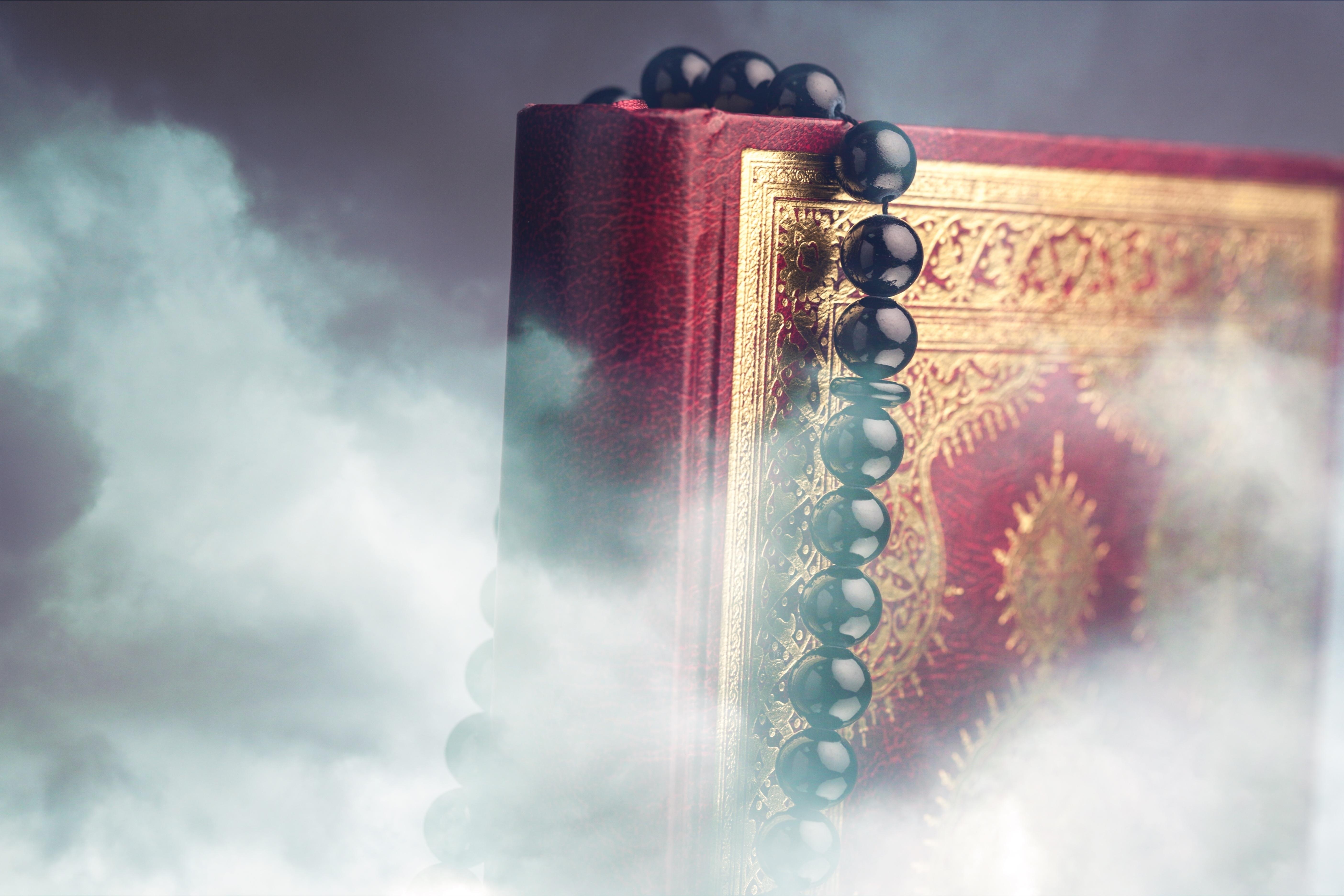
Islam is considered the youngest of the three major religions in the world, but it still dates back more than 1,400 years to the 7th century and has a complex history that all Muslims should be aware of. Now the second most followed religion with around 24% of the world’s entire population identifying as Muslims, the early beginnings of Islam were somewhat marred by persecution and conflict, but under the guidance of the Prophet Muhammad (PBUH), Muslims prevailed and Islam became a recognised religion.
For those looking to learn more about the beginning of Islam and how it came to prevalence in the modern world, continue reading.
The religion of Islam begins with the 25 prophets selected by Allah (SWT), the first of whom was Adam who was the first human being and is considered the father of the human race.
After Adam, the prophets came in the following order:
Although there were 24 prophets before him, Prophet Muhammad (PBUH) is considered to be the founding father of the religion of Islam and is highly revered amongst Muslims as it is believed the religion of Islam as it is now known started with him.
Prophet Muhammad (PBUH) was born in 570 A.D. to Abd Allah bin Al-Muttalib and Amina bint Wahb. The family resided in Mecca which was controlled by the Quraysh. His uncle, Abu Talib, was the chief of the Banu Hashim clan and as such, the family were afforded relative protection.
At the time, Mecca was a hub for trading which allowed its residents to enjoy the fruits of living in such an area. The residents of Mecca believed the prosperity of trade through the area was protected by multiple gods since it was more common for people at that time to polytheistic.
In 610 A.D., Muhammad (PBUH) was still living in Mecca with his first wife, Khadija. He began having visions and hearing voices, so to clear his head he would often go to a cave in Mount Hira to meditate. On the 27th night of the ninth lunar month in 610 A.D., Muhammad (PBUH) was in the cave when he was descended upon by an entity who introduced himself as the Angel Jibril, a messenger. He told Muhammad (PBUH) that he was sent by Allah (SWT), the one and only true God. The angel told Muhammad (PBUH) that he was to recite the words of Allah (SWT). Muhammad (PBUH) was a labourer by trade and could not read or write, but he was able to perfectly recall exactly what the Angel Jibril was telling him. It now transpires that what Muhammad (PBUH) recited were the direct words of Allah (SWT) and formed the very beginning of the Holy Qur’an.
Following this revelation, Muhammad (PBUH) told his wife about what had occurred. His wife was a wealthy widow and held much influence in Mecca, but she wholeheartedly believed her husband. The couple shared what Muhammad (PBUH) had been told with a select group of people because the region was very much still a polytheistic area and much emphasis was placed on the gods protecting the trade success in Mecca.
Over time, word spread of Muhammad’s (PBUH) reckoning with the Angel Jibril and he faced a backlash from traders who defended the pagan gods they worshipped. Whilst Muhammad (PBUH) and his followers received jibes from the Quraysh, they were protected from direct persecution because of Muhammad’s (PBUH) wife’s social standing and the protection afforded by his uncle. This ended in 619 A.D. when both Muhammad’s (PBUH) wife and his uncle died. This is known as the year of sorrow and was a troublesome time for Muhammad (PBUH) as he and his followers now faced physical persecution and threats from the people of Mecca who were defensive of the pagan trade gods.
At the same time, Muhammad (PBUH) was contacted by leaders in Medina, some 200-plus miles north of Mecca. The Arab and Jewish clans had long been engaged in a bloody conflict in the city and leaders wanted a lasting resolution to end the bloodshed. They invited Muhammad (PBUH) - who had no ties to either of the warring clans - to act as a neutral adjudicator between the two. In return, Muhammad (PBUH) was promised that he and his followers would have the freedom to practice their religion without fear of persecution. As such, in 622 A.D., Muhammad (PBUH) and his followers made the move to what is now known as Hegira.
In a bid to heal the rifts and return to his homeland, Muhammad (PBUH) sought to return to Mecca in 628 A.D. On his journey, the Quaraysh intercepted him, but there was no conflict. They presented Muhammad (PBUH) with the Hudaybiyyah treaty which recognised him as an equal and guaranteed that he and his followers would not face persecution or resistance in Mecca.
Following Muhammad’s (PBUH) return to Mecca, Islam spread rapidly and he kept receiving teachings from the Angel Jibril until his death in 632 A.D. During his life, he compiled the Qur’an which is now the holy book for almost two billion people all around the world, making it the second most followed religion behind Christianity.